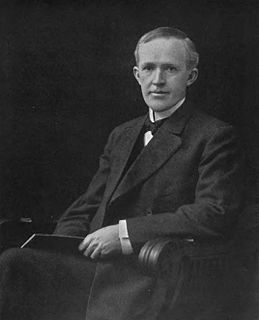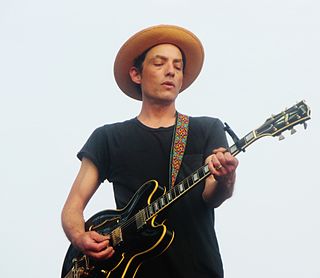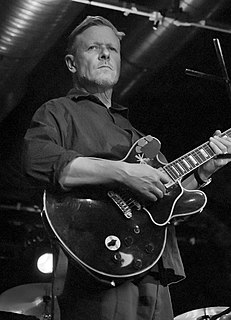A Quote by Maya Angelou
I'm happy to be a writer - of prose, poetry, every kind of writing. Every person in the world who isn't a recluse, hermit or mute uses words. I know of no other art form that we always use.
Related Quotes
Find something you like, go into a room, close the door and read it aloud. Read it aloud. Everybody in the world who likes dance can see dance, or hear music, or see art, or admire architecture - but everybody in the world uses words who is not a recluse or mute. But the writer has to take these most common things, more common than musical notes or dance positions, a writer has to take some adverbs, and verbs and nouns and ball them up together and make them bounce.
Poetry has an indirect way of hinting at things. Poetry is feminine. Prose is masculine. Prose, the very structure of it, is logical; poetry is basically illogical. Prose has to be clear-cut; poetry has to be vague - that's its beauty, its quality. Prose simply says what it says; poetry says many things. Prose is needed in the day-to-day world, in the marketplace. But whenever something of the heart has to be said, prose is always found inadequate - one has to fall back to poetry.
The difference between prose logic and poetic thought is simple. The logician uses words as a builder uses bricks, for the unemotional deadness of his academic prose; and is always coining newer, deader words with a natural preference for Greek formations. The poet avoids the entire vocabulary of logic unless for satiric purposes, and treats words as living creatures with a preference for those with long emotional histories dating from mediaeval times. Poetry at its purest is, indeed, a defiance of logic.
Loneliness is necessary for pure poetry. When someone intrudes into the poet's life (and any sudden personal contact, whether in the bed or in the heart, is an intrusion) the poet loses his or her balance for a moment, slips into being what he or she is, uses his or her poetry as one would use money or sympathy. The person who writes the poetry emerges, tentatively, like a hermit crab from a conch shell. The poet, for that instant, ceases to be a dead person.
I believe that magic is art, and that art, whether that be music, writing, sculpture, or any other form, is literally magic. Art is, like magic, the science of manipulating symbols, words or images, to achieve changes in consciousness… Indeed to cast a spell is simply to spell, to manipulate words, to change peoples consciousness, and this is why I believe that an artist or writer is the closest thing in the contemporary world to a shaman.
We do have to learn poetry at school. Poetry is interesting to me, particularly Chinese poetry. It's like an ancient form of song. There's five sentences, seven sentences - they're very different from English poetry. Chinese poetry is much more rigorous. You can only use this many words, and they will form some kind of rhythm so people can actually sing it. To me, poetry is quite abstract but also quite beautiful.
That’s just the kind of thing that kids do to each other. It’s no big deal. There’s always going to be a person laughing and somebody getting laughed at. It happens every day, in every school, in every town in America—probably in the world, for all I know. The whole point of growing up is learning to stay on the laughing side.
It is necessary a writing critic should understand how to write. And though every writer is not bound to show himself in the capacity of critic, every writing critic is bound to show himself capable of being a writer; for if he be apparently impotent in this latter kind, he is to be denied all title or character in the other.





































